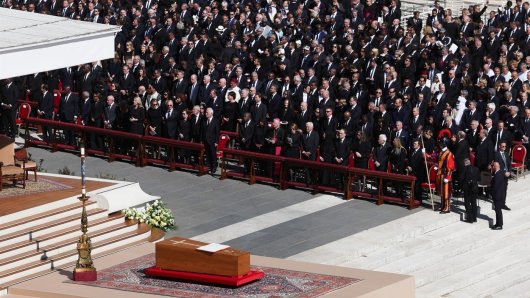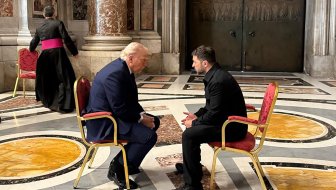European leaders came to an agreement on Friday following an all-night marathon meeting to negotiate a multi-annual financial framework (MFF) for the 2014-2020 period from which Croatia is to withdraw EUR 11.7 billion.
Croatian Prime Minister Zoran Milanovic expressed his satisfaction with the results of the summit.
Apart from the funds that Croatia will be able to draw from the EU budget it will have an additional year to implement projects financed through EU funds which means that funds can be expended in the year granted and the following three years after that, which is known as the N+3 rule.
"It is up to us and others to apply the N+3 rule. That was our proposal in November last year. The amount that we got, almost 12 billion euros, is theoretical. It is at your disposal and if you know how to use it then you can significantly improve the prosperity of your country. That is a lot more than we have had in Croatia," said Milanovic.
In the next budget period Croatia will be able to draw up to 11.7 billion euros, 8.092 billion from cohesion funds and 3.462 for joint agricultural policies and a further 203.7 million for the Scehngen border.
In addition to these allocations reserved for Croatia, it will be able to compete for funds earmarked for joint EU projects. Croatia will be able to apply for funding from a total of EUR 6 billion for initiatives aimed at employing young people.
Compared to the last proposal, Croatia has been allocated a little more due to funds intended for rural development.
After more than 24 hrs of negotiations EU leaders agreed on a 7 year financial framework with EUR 960 billion in commitments and EUR 908.4 billion in payments. It was the first time in the history of the EU that an agreed 7 year budget was lower than the previous one. The 2007-13 budget amounted to EUR 993.6 billion in commitments.
However, the proposed budget was rejected by leaders of the four largest political groups in the European Parliament. "The European Parliament cannot accept today's deal in the European Council as it is. We regret that Mr Van Rompuy did not talk and negotiate with us in the last months", they said in a joint statement.
"The real negotiations will start now with the European Parliament. We will maintain our priorities which we have clearly stated many times," the statement added.
MEPs claim that this kind of financial framework will lead to a structural deficit, which goes against European treaties requiring a balanced budget.
European Council President Van Rompuy had proposed to cut the "payment ceiling" for the next seven-year budget from EUR 942.8 billion to EUR 908.4 billion and the "commitment ceiling" from EUR 993.6 billion for the 2007-13 budget to EUR 960 billion for 2014-20.



































